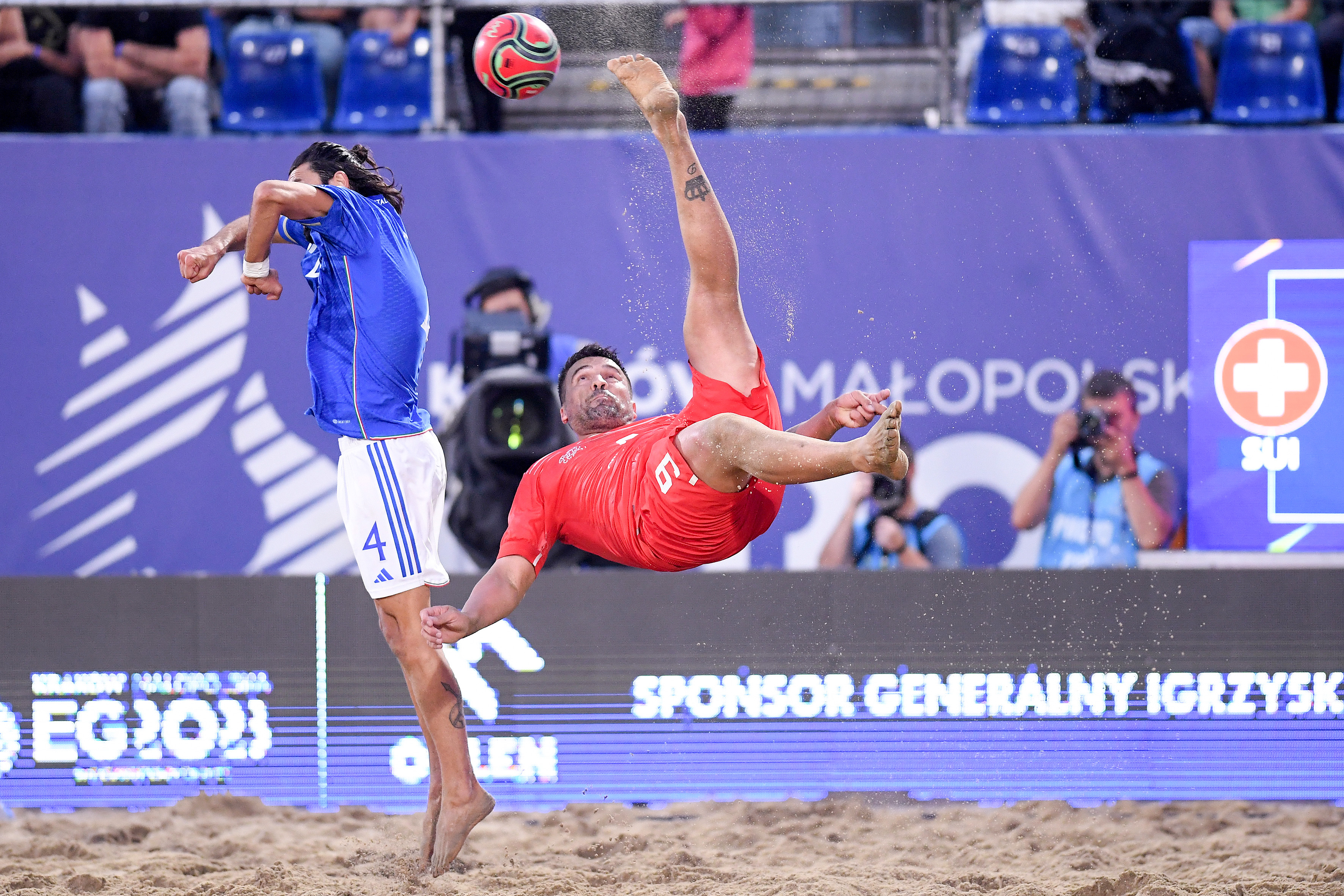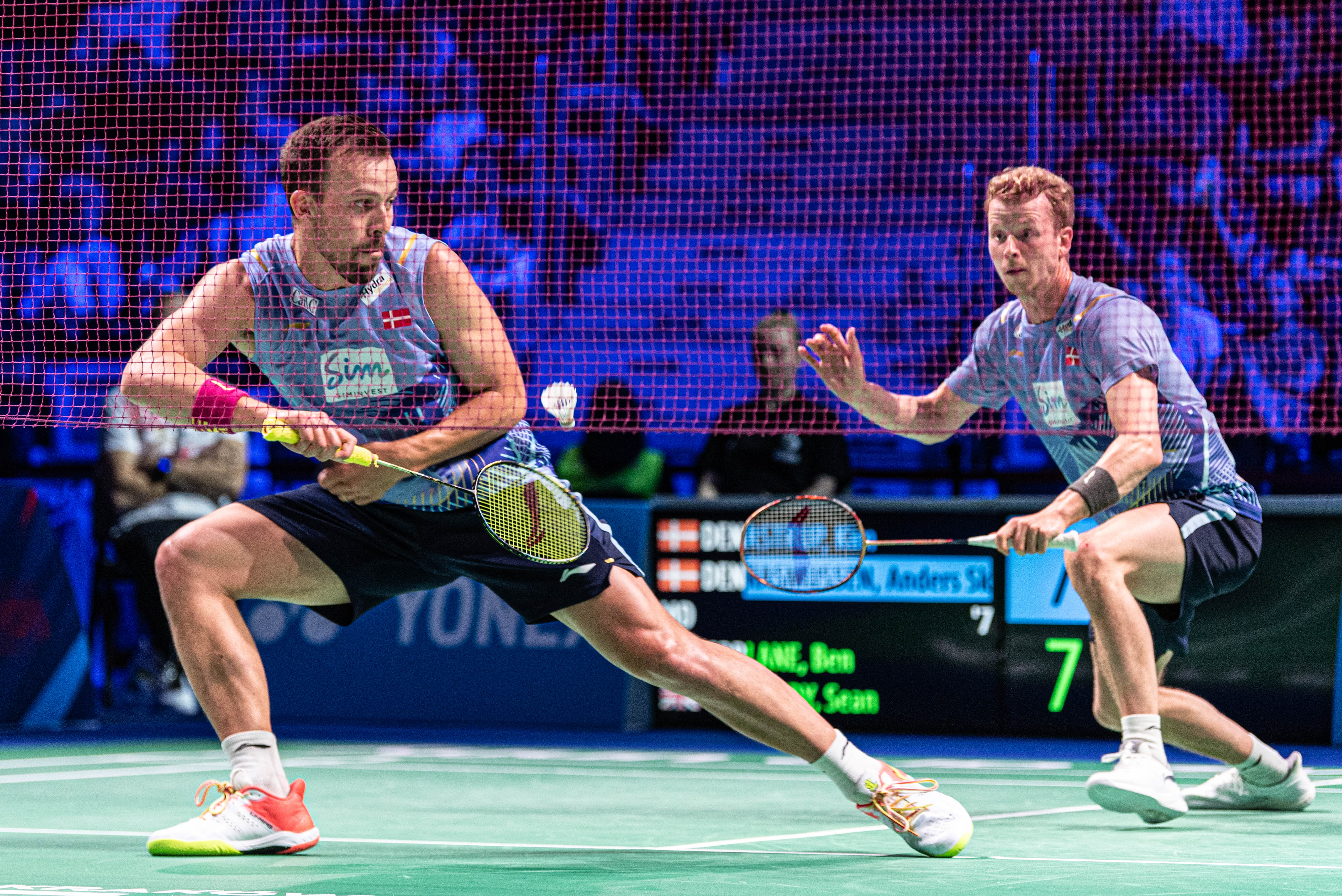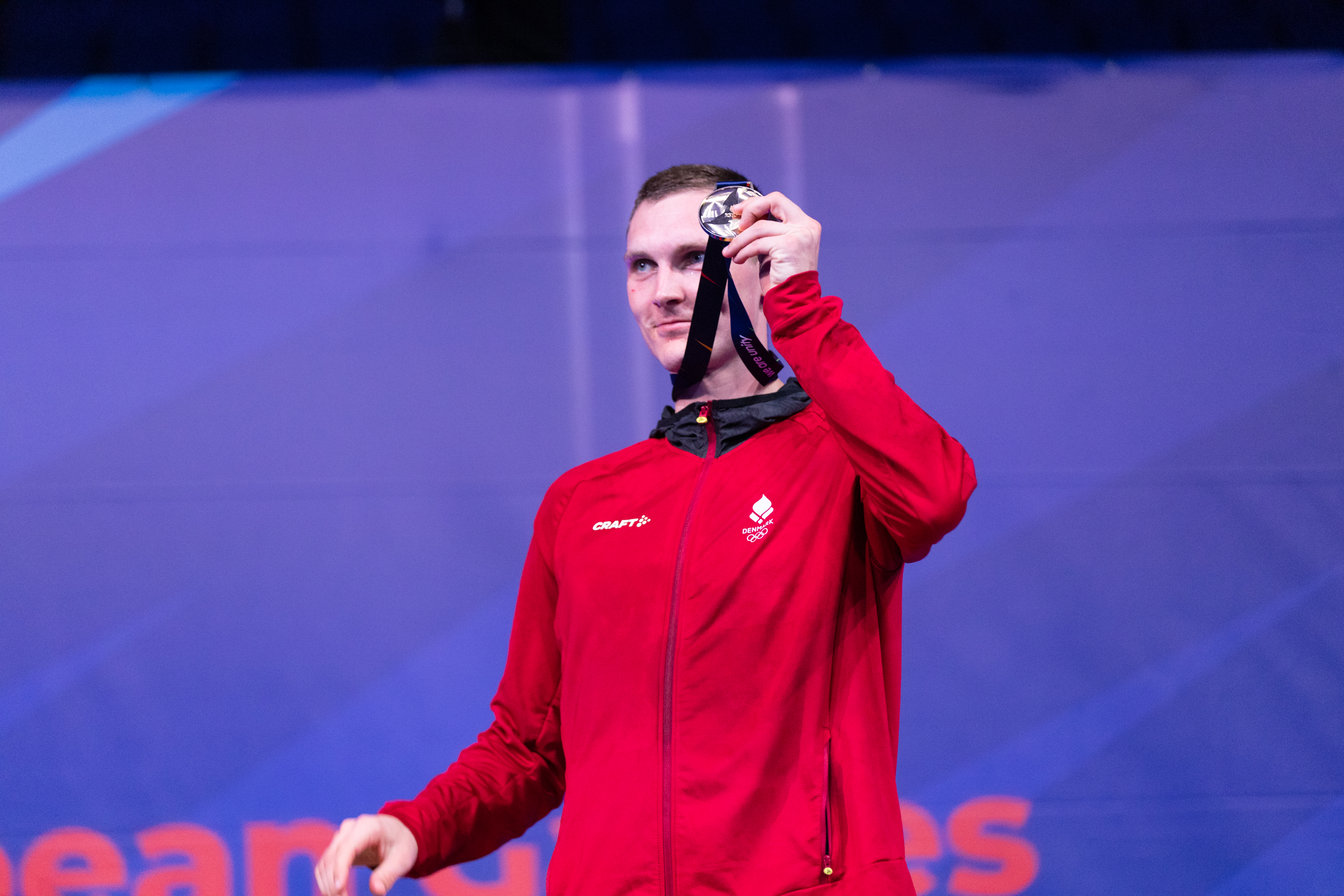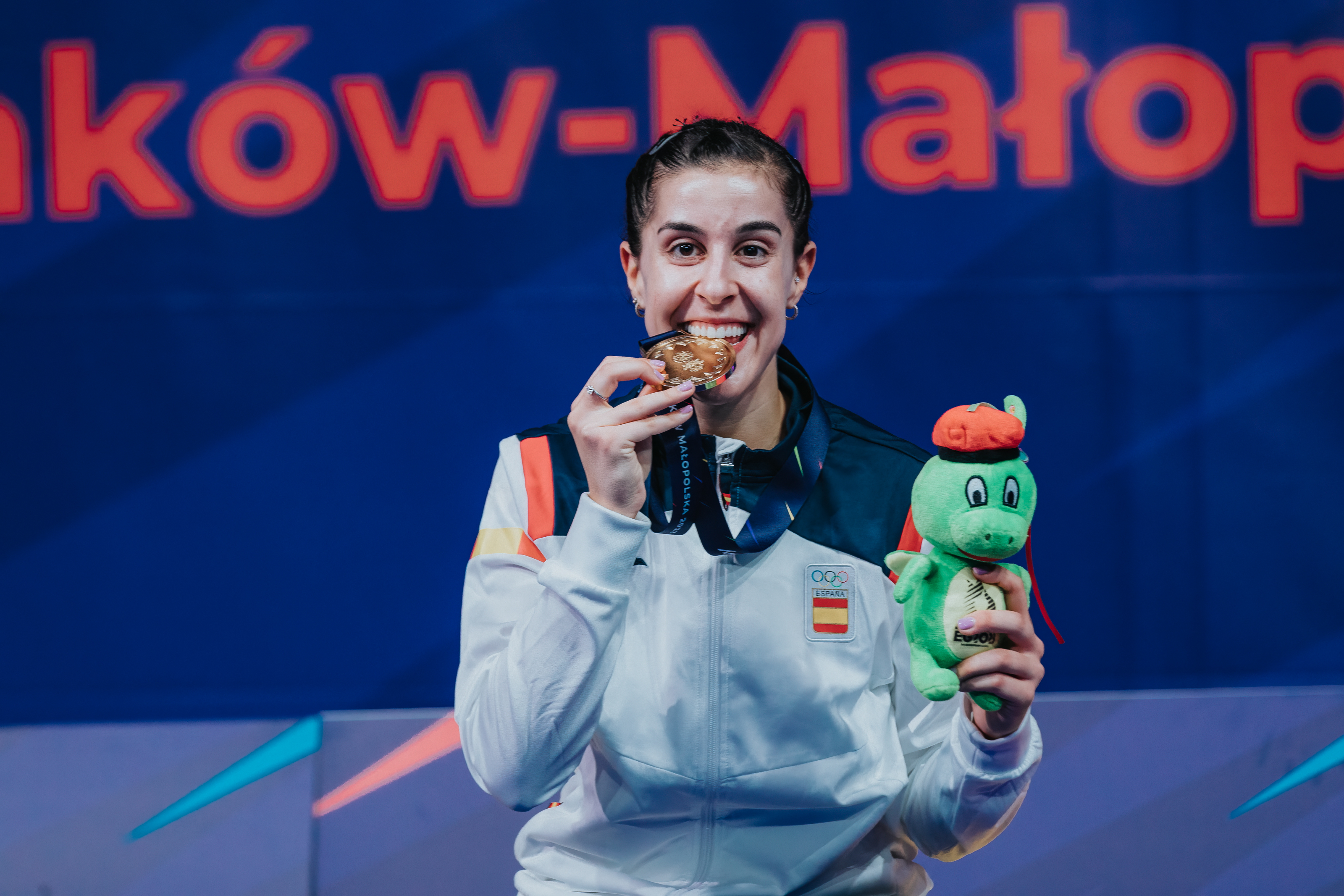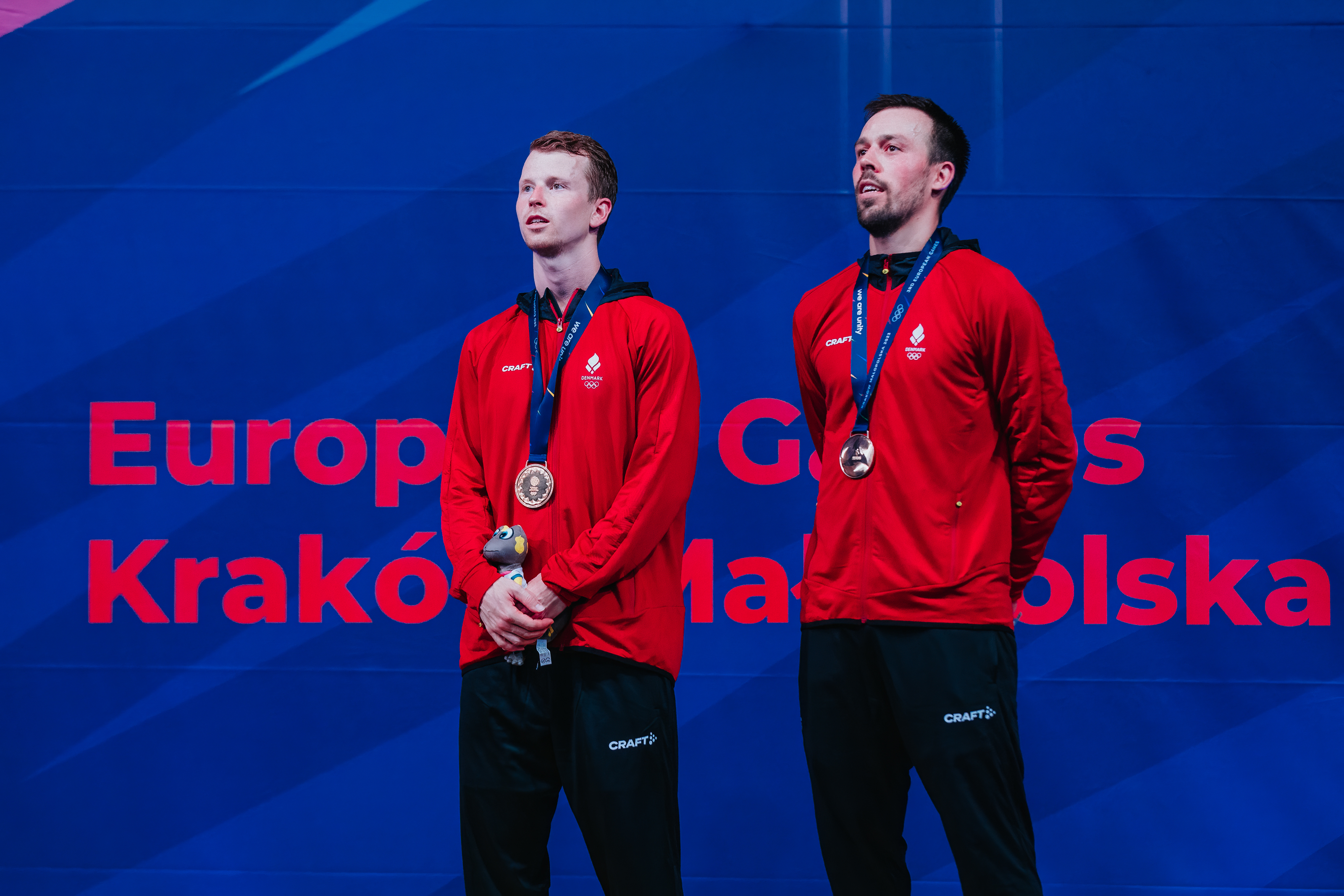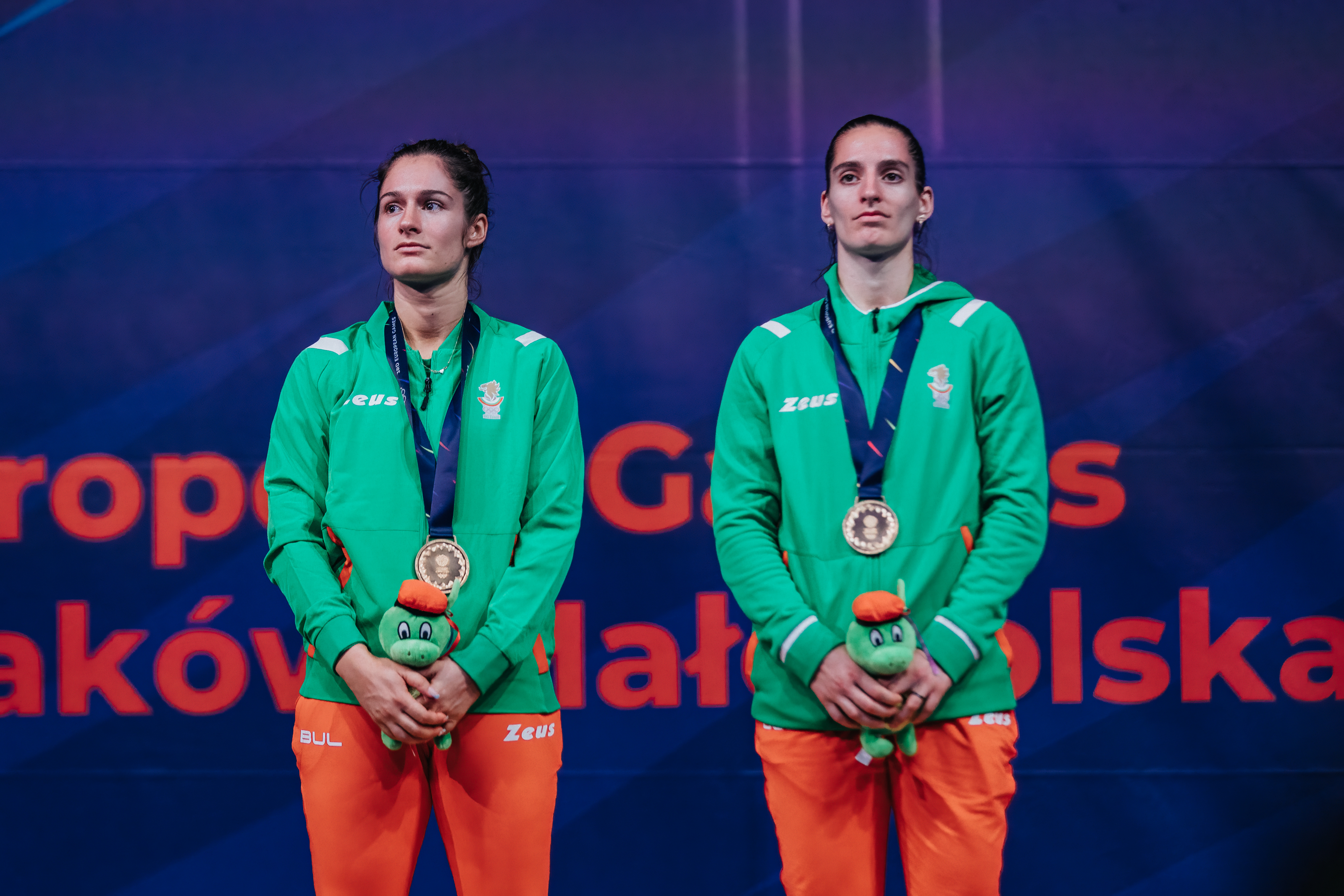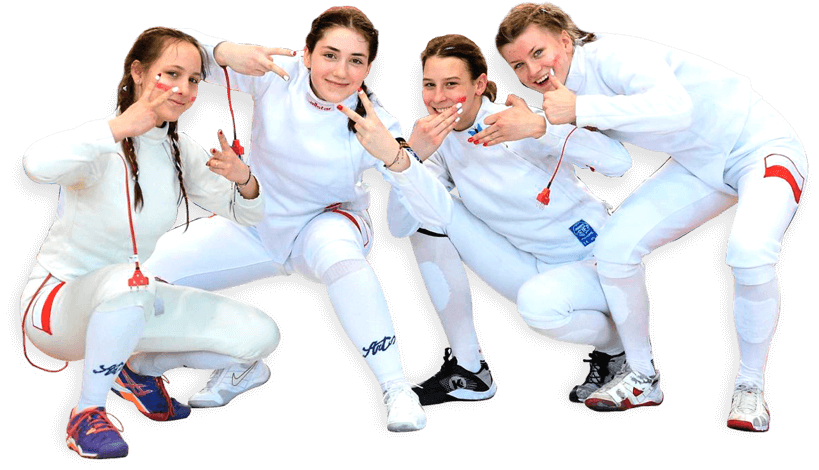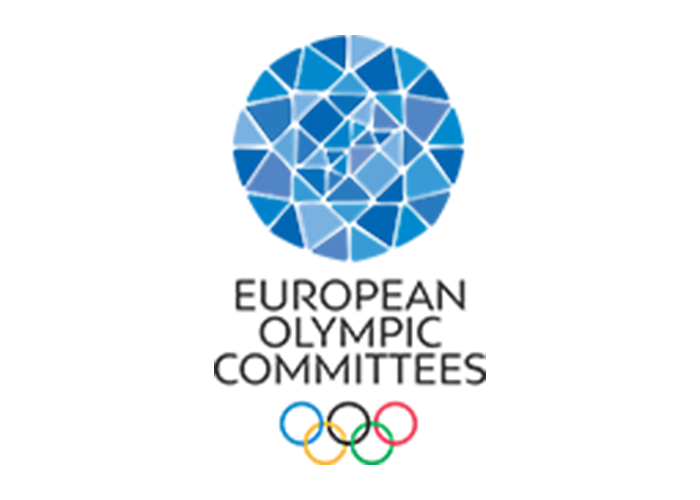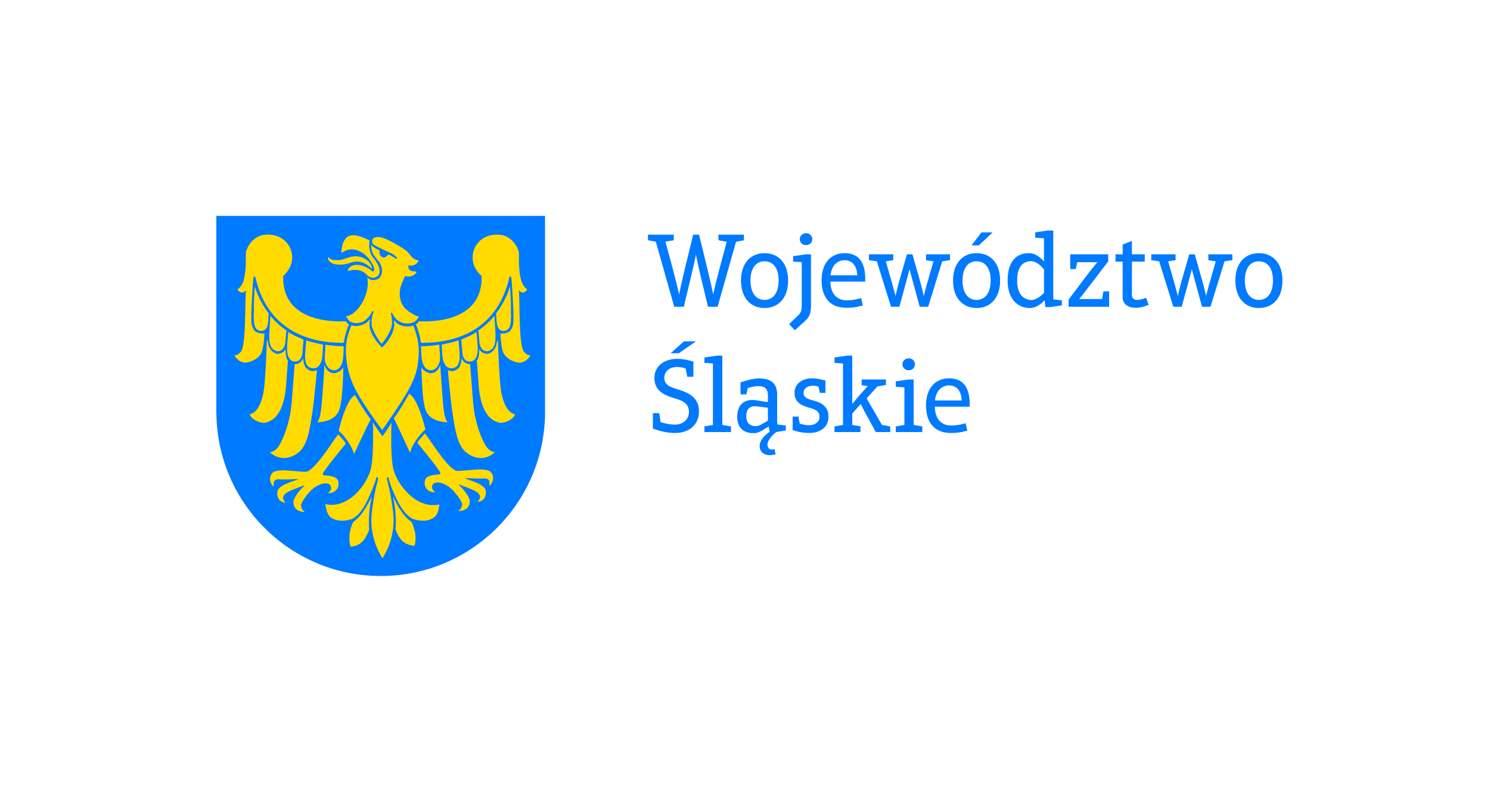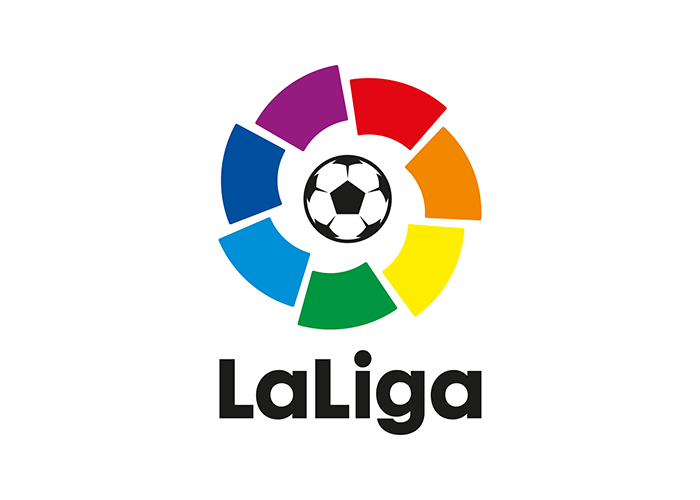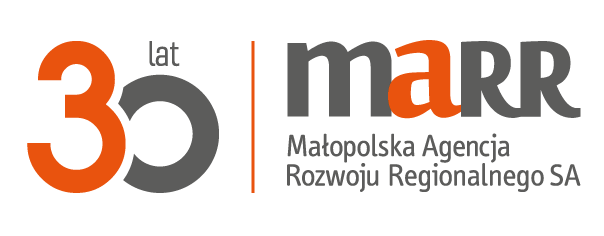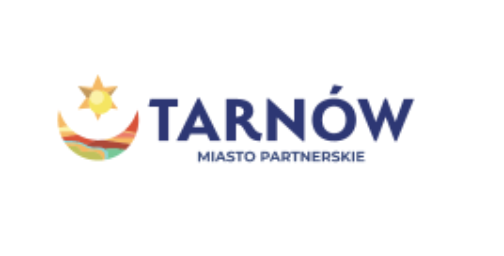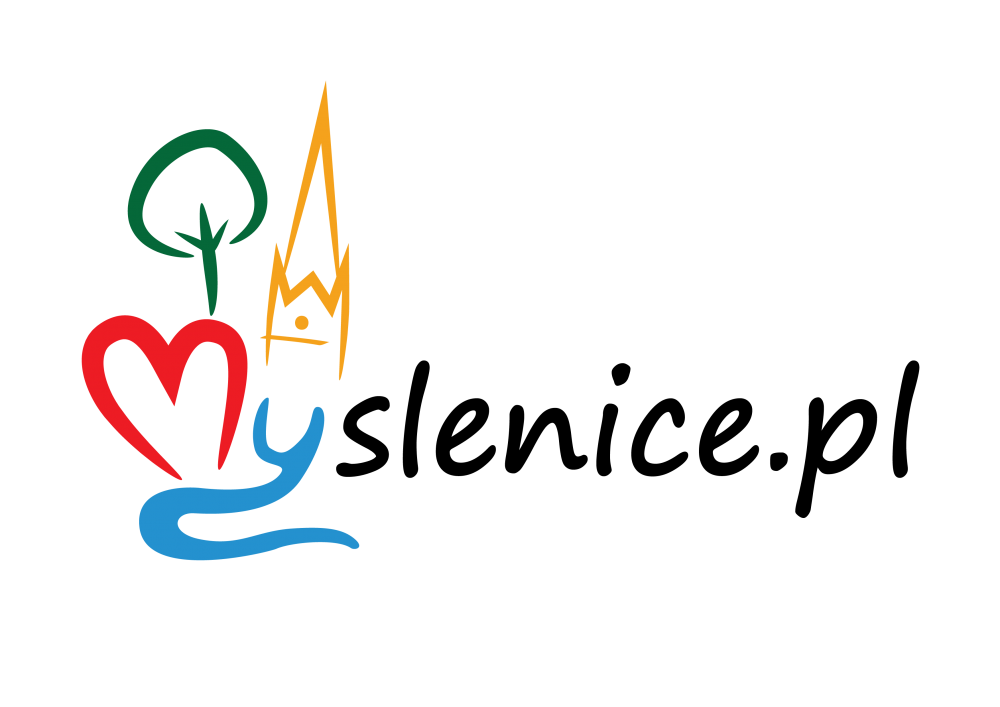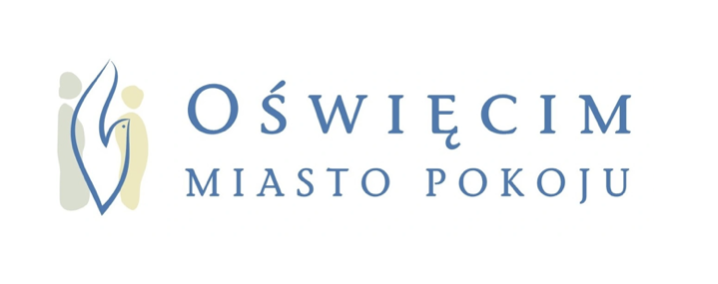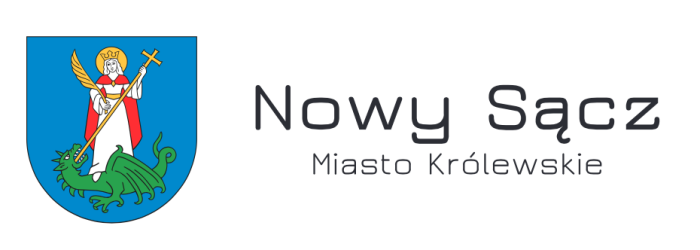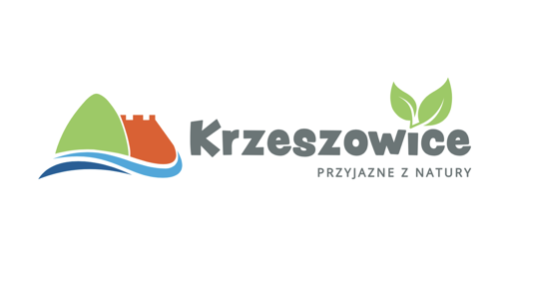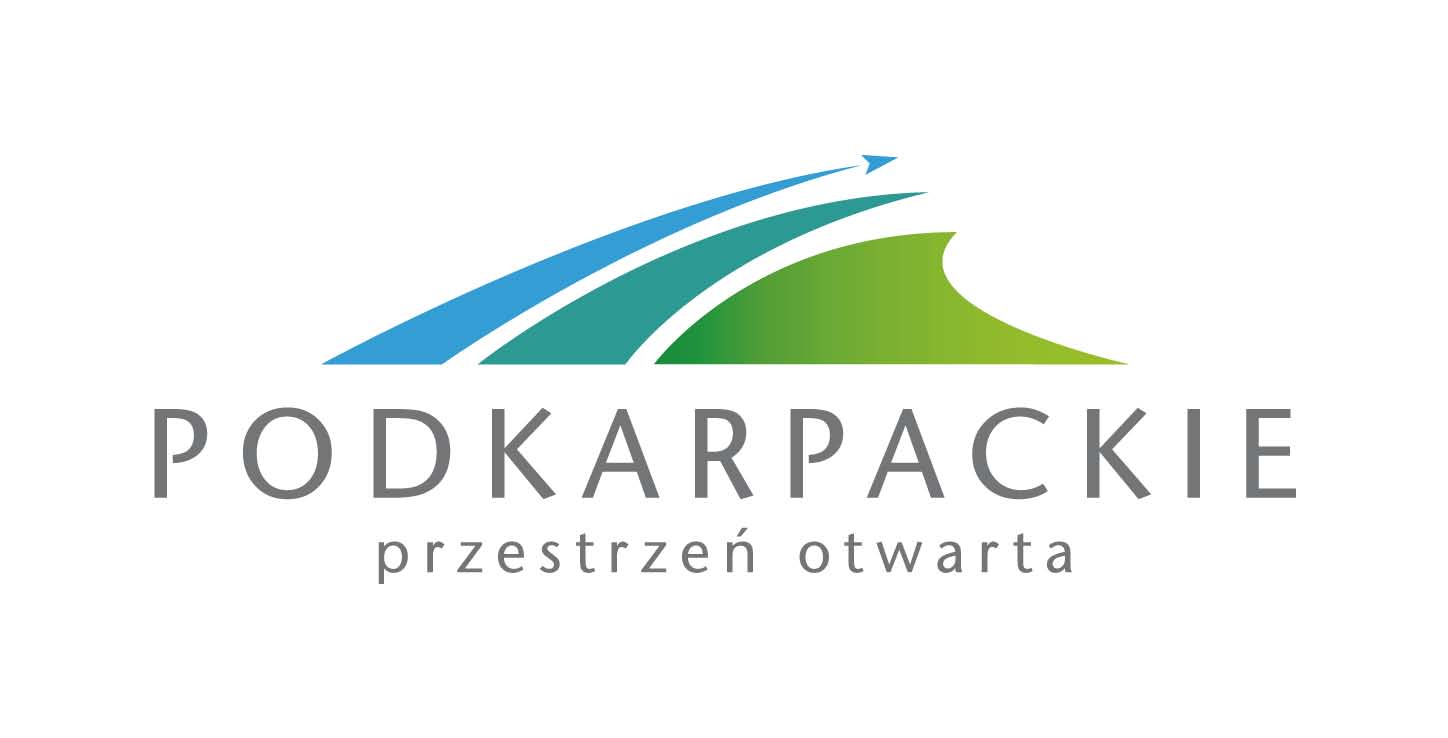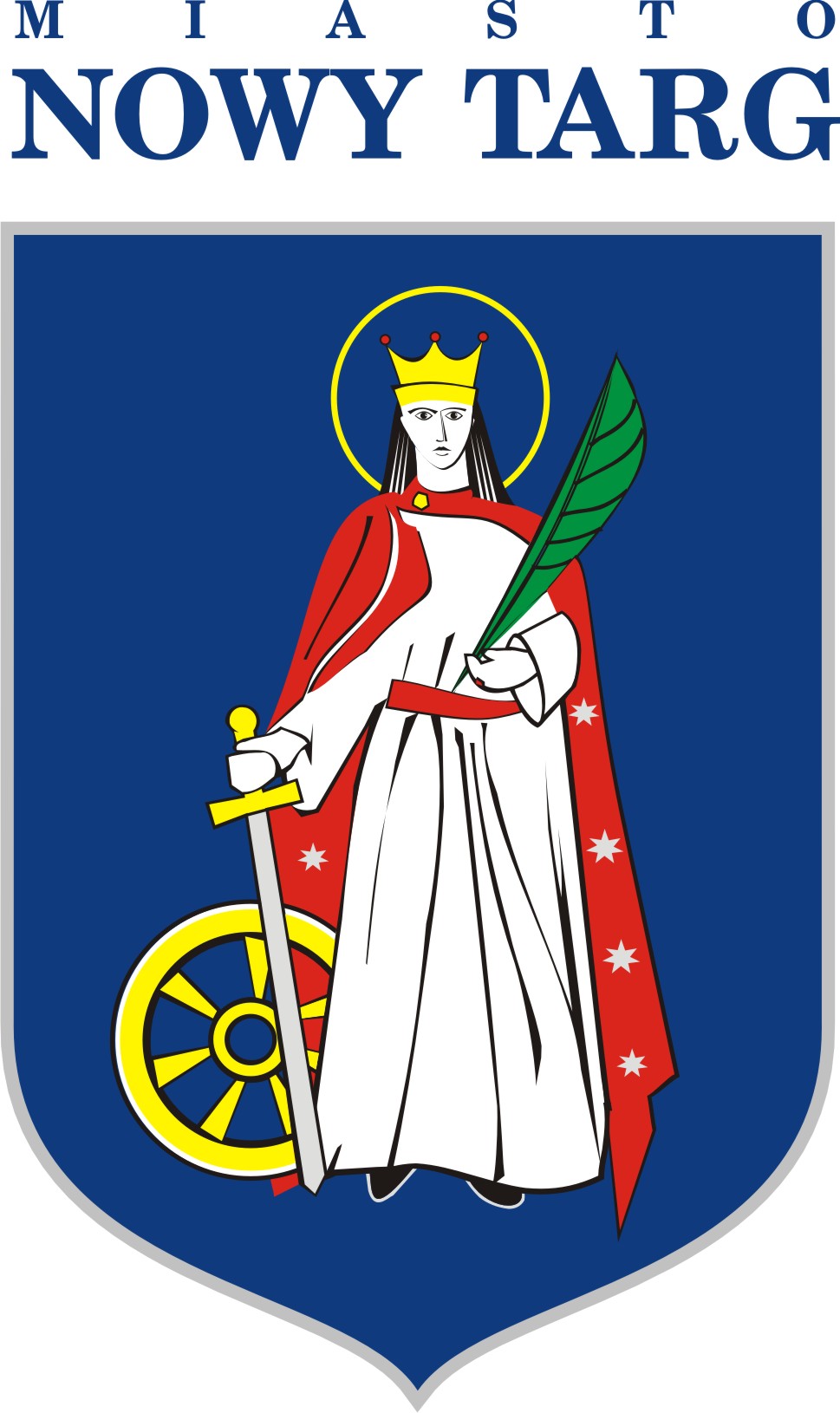Tarnow has fallen in love with sports climbing
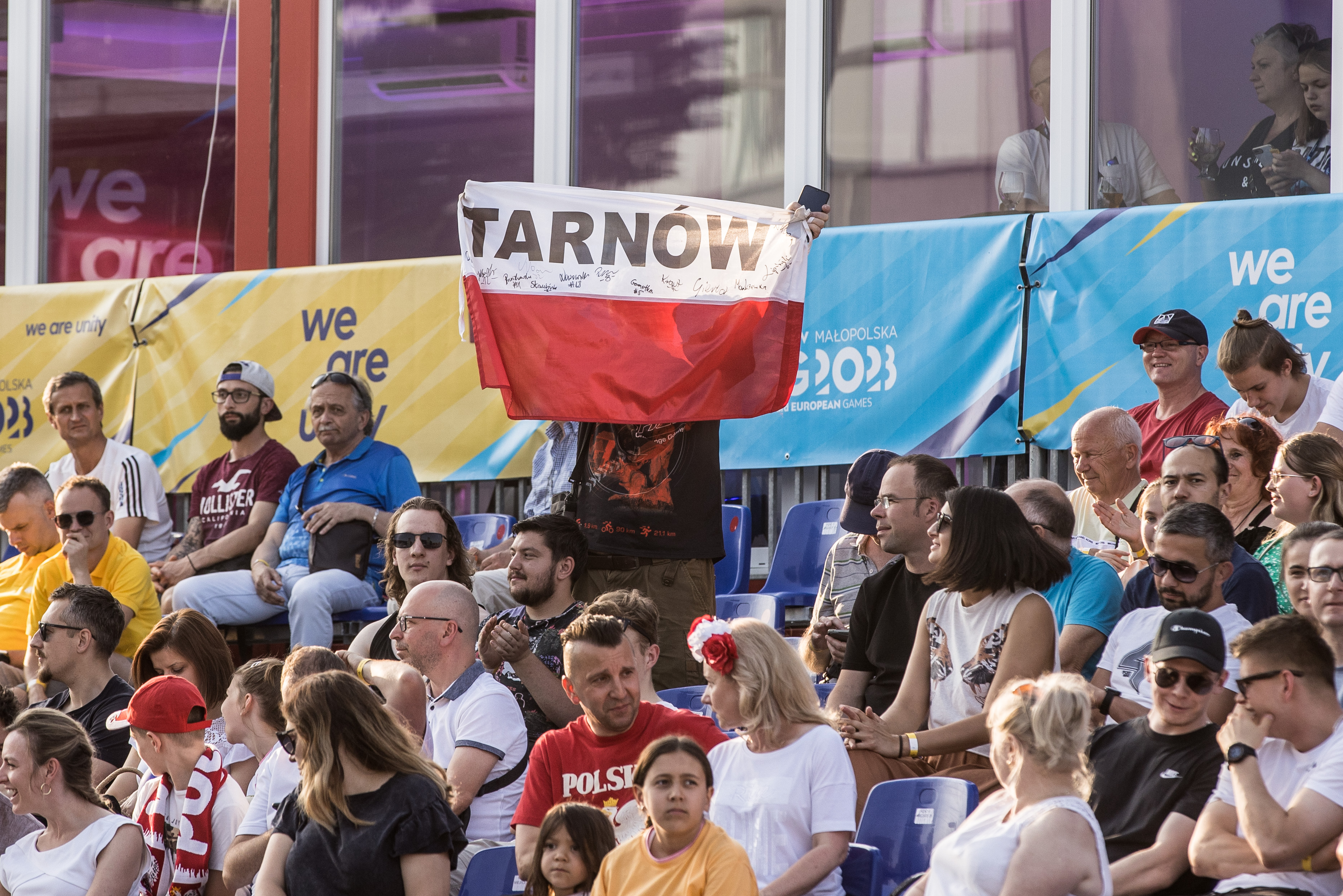
French domination and Polish celebration – this is how to describe the exceptional four days with sports climbing in Tarnow within the framework of the III European Games Kraków-Małopolska 2023. On the grounds of the Tarnow Academy, fans were able to watch an amazing competition, which was the best advertisement of this spectacular discipline.
Residents of Tarnow have long been able to watch the climbing walls growing before their eyes. The company responsible for setting them up was the one that also prepared them for, among others, the Tokyo Olympic Games in 2021. The arena where the athletes were to compete looked extremely impressive.
The European Games included competitions in three disciplines: speed climbing, lead climbing and bouldering. Each of the varieties of sport climbing has its faithful fans, but Polish fans hoped that on the first day the highest step of the podium would be occupied by a their representative.
And so it happened, although she was not the favorite of the competition, world record holder Aleksandra Miroslaw, but Natalia Kalucka, who comes from Tarnów. The two athletes had already faced each other in the elimination run, where Miroslaw turned out to be better. – It didn’t matter to me, because in this start I didn’t intend to race – Kalucka said at the press conference. She proved marginally better in the final, and it was she who claimed the first ever gold medal of the European Games in sport climbing, making her debut in the event.
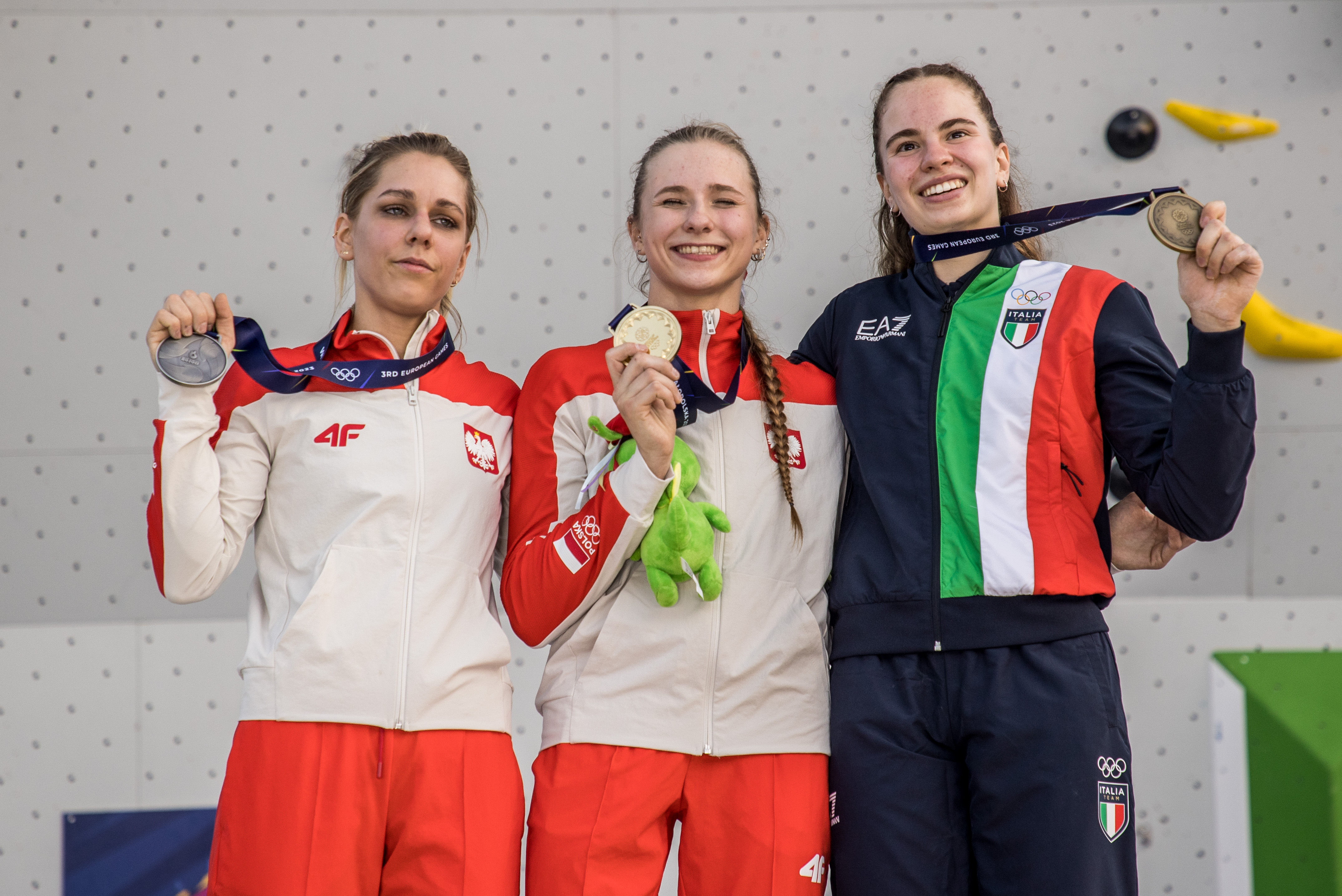
Friday again brought great excitement, as the men appeared on the wall. And again the Poles had their moments of joy, as Marcin Dzieński reached for the bronze medal. After the competition he did not hide his joy, but also slight disappointment. – I know that I could have reached for gold – he stated. The best on the 15-meter wall turned out to be Austrian Lukas Knapp, who in the final defeated Frenchman Marceau Garnier.
During the weekend the competition moved to the other two walls: for lead and bouldering. In the first competition, competitors must climb a 15-meter wall with bolts (handholds). In addition, an overhanging section of seven meters is located, which requires special endurance and technical skills. Climbing is done with a lower belay, and competitors clip their rope into expresses along the way. Each hold has a number, and the competitor gets a point for catching it. Touching a hold without catching it is a “+”. Competitors have six minutes to traverse the entire wall.
The French national team dominated the competition, winning two gold and one silver medal. There was a lot of excitement in the men’s competition – the final result was changed by the judges as many as twice! Ultimately triumphed Diego Fourbet (France), who defeated Italian Giorgio Tomaris and Austrian Mathias Posch. Among women, Frenchwoman Camille Pouget turned out to be the best, right behind her was her compatriot Zelia Avezou, and on the lowest step of the podium stood Czech Tereza Siruckova.
On the last day of the competition, great excitement awaited fans on the bouldering wall. In this variety of climbing the competitors have four “problems” to solve. These are independent of each other routes, they have four minutes to pass each of them. Climbing is done without belay, and the competitors can, within the time limit, approach each “problem” any number of times. There are places along the route, the achievement of which is scored. In the event of a tie, the competitor with fewer attempts and a better time is higher in the classification.
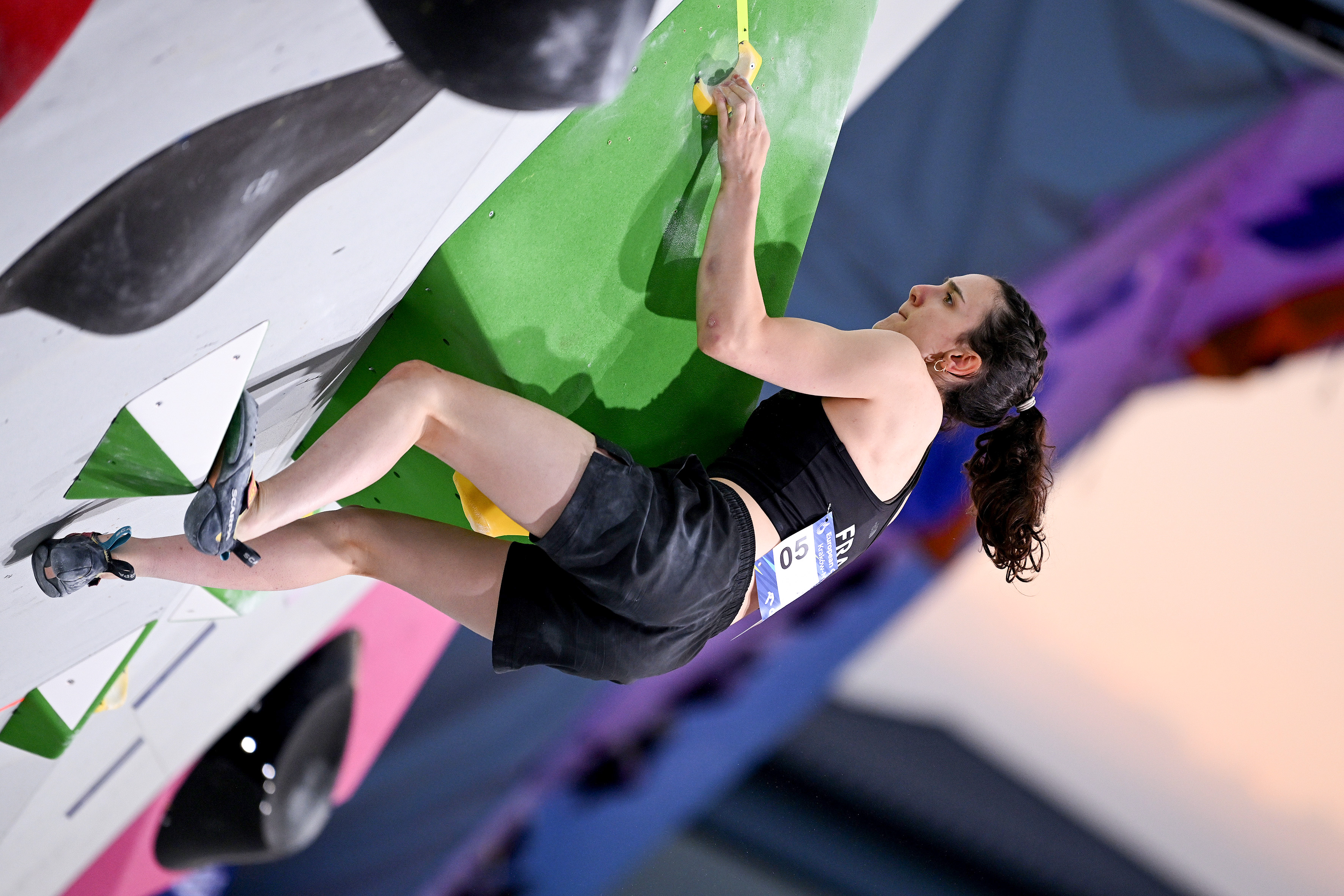
The triumphs turned out to be Frenchmen Thomas Lemagner and Zelia Avezou, for whom it was the second medal in Tarnow. The silvers were won by Edvards Gruzitis (Latvia) and Giulia Medici (Italy), respectively, and the bronze medals went to Julien Clemens (Switzerland) and Lucija Tarkus (Slovenia).
The competition in climbing was a real highlight of the European Games, as evidenced by the enthusiastic reviews of the fans, who filled the stands almost to capacity each day. Excellent reviews were also given to the event by the International Federation of Sport Climbing, which may soon translate into the organization in Poland of one of the biggest events in this discipline, such as the World Championships or the World Cup.
